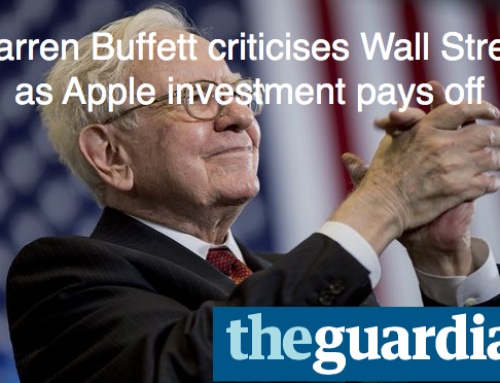This morning’s mail included a flyer from our local newspaper, The Providence Journal, advertising a One Day University event on Rethinking America.
In these first few days of Donald Trump’s America, and the aftermath of a Women’s March on Washington that triggered companion marches in cities all across America and around the world, it might be time to take some time to return to first principles.
These times in which now we live are changing in some very fundamental ways. One of these fundamental changes is that America is no longer the only industrial economy left standing after the ravages of two world wars. Another is that America is also no longer sitting on the eastern side of infinitely receding Western horizon, into which the consequences of our actions can disappear, seemingly without consequence, and out of which we can always extract more.
Considering the magnitude of these and other changes leads me to ask. Is it enough to rethink? Or, is it time for us to adaptively evolve?
So many calls for rethinking, on closer examination, appear to be more a call a revisionist history of the past that supports a new expectation for the future as the forward projection of romantic nostalgia for a past as it never actually was. Memory is selective. We remember experiences we like, and do not remember those we like less.
When change happens, history does provide a laboratory in which we can experiment with different narratives for how we got to where we now are. These origin narratives can be powerfully useful in figuring out where we want to be heading next, and how best to get there. But in history there are no do-overs. Each time is unique, and choices must be made in the present from among the future possibilities that exist now, possibilities that are collaboratively co-created by the choices made in prior times.
Every time faces its own existential crises. Every time has its own future possibilities. Every time must make its own history – happy, or not so happy.
Today, our existential crises include a system of investment decision-making that is not giving us the experience of prosperity we need, want and expect we should be getting. Rethinking investment is part of the process of understanding why we are disappointed by our investment decision-making choices. Moving beyond disappointment, to a new satisfaction, requires more that just rethinking what we already know. It also requires adaptively evolving new knowledge of how to invest that is created by design to be beautifully fit to function and authentically right for these times, the times in which we now live.
We do well always to engage with past history, not so much to tell us what the future will be, as to guide us in creating our own future history.





